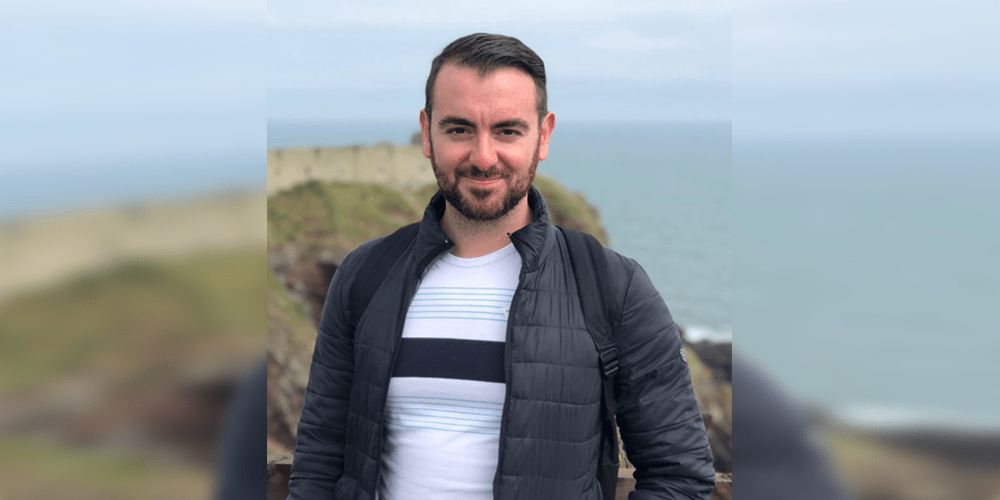Author: Malcolm Pace
People suffering from haemophilia, an inherited disorder, will bleed for much longer after an injury, bruise easily, and risk internal bleeding in joints or brain. This is a widely studied condition with unique variations in the disorder to Malta. While pursuing an M.Sc. in Applied Biomedical Science, I have profiled and found the contributing genes in all Maltese patients and compared them to patients abroad.
The genes that code for important clotting factors in blood are located on human sex chromosome X. This means that a woman will be ill only if she receives it from both parents, explaining the much higher manifestations of the disorder among men (men only inherit one X chromosome). In Malta, both factor deficiencies are rare: around 30 to 40 patients by either Haemophilia A or B. There are two types of the disease (factor VIII and IX), and their DNA variations are known and documented. But this study uniquely mapped both types of haemophilia.

My research (supervised by consultant haematologist Prof. Alex Gatt, and molecular geneticist Prof. Joseph Borg) in haemophilia needed an interdisciplinary effort. There are currently over 1,300 unique DNA variants listed in what’s called the Factor VIII database, and 1,095 unique DNA variants in the Factor IX gene – both are stored by the University College London for scientists and health care professionals to study to develop new cures.
I performed extensive DNA sequencing not just for this study but for future studies on more patients to find out if some carry a rare disease without being aware of it. Patients worldwide are starting to have their DNA analysed by Next Generation Sequencing, a cheaper, faster way to read large amounts of DNA. However, the practice is not routine. Once it is, it can greatly improve patient management. If we continue testing these methods in the lab, medical practitioners will eventually be able to identify more individuals at risk of being carriers and refer them to a genetic counsellor to discuss the risks.
The study was supported by the Endeavour Scholarship Scheme from the Ministry for Education and Employment. I would like to thank the Molecular Diagnostics team led by Dr Graziella Zahra (Mater Dei Hospital) for use of Next Generation Sequencing tools.





Comments are closed for this article!